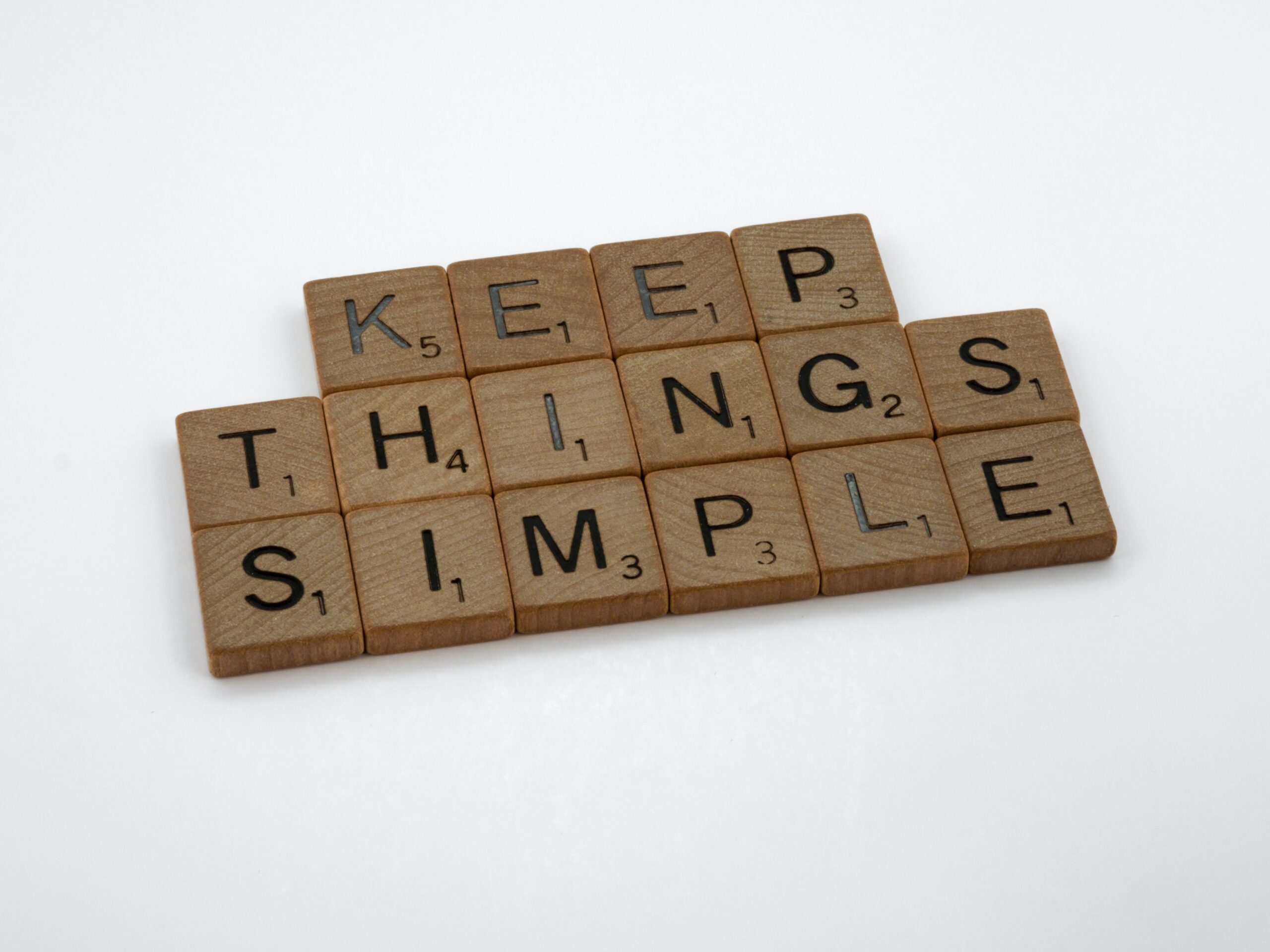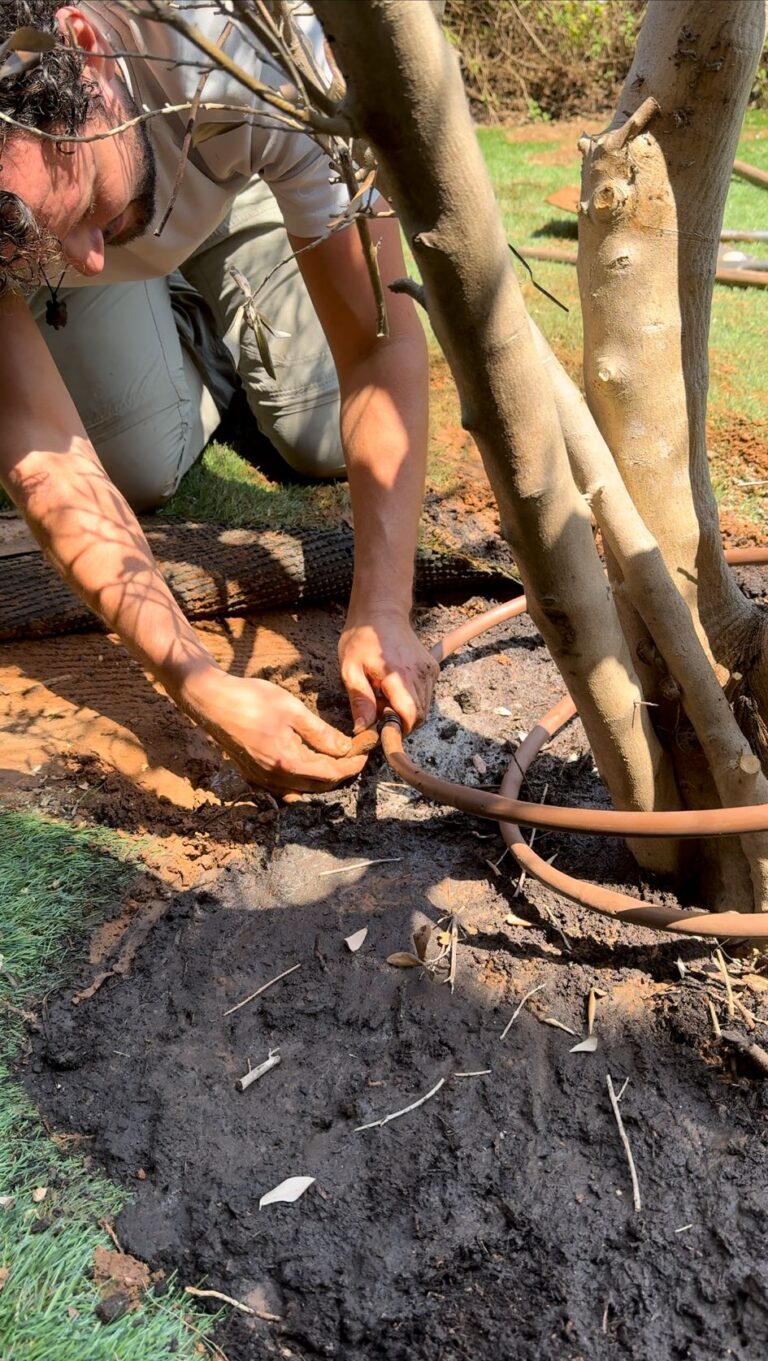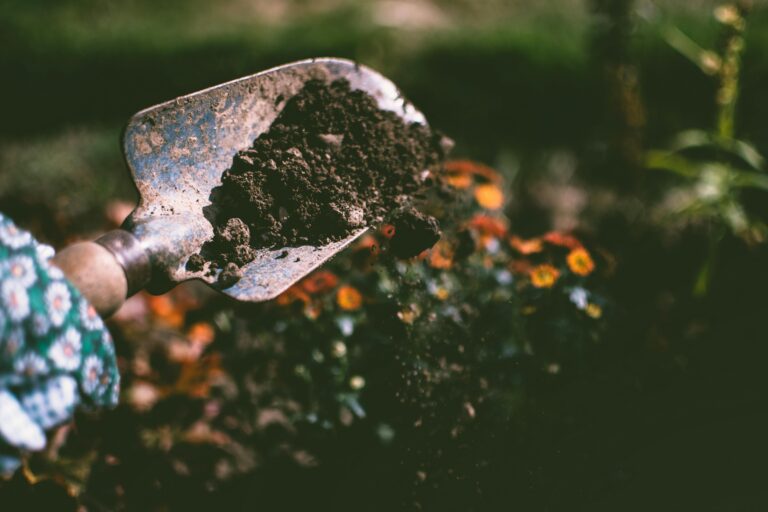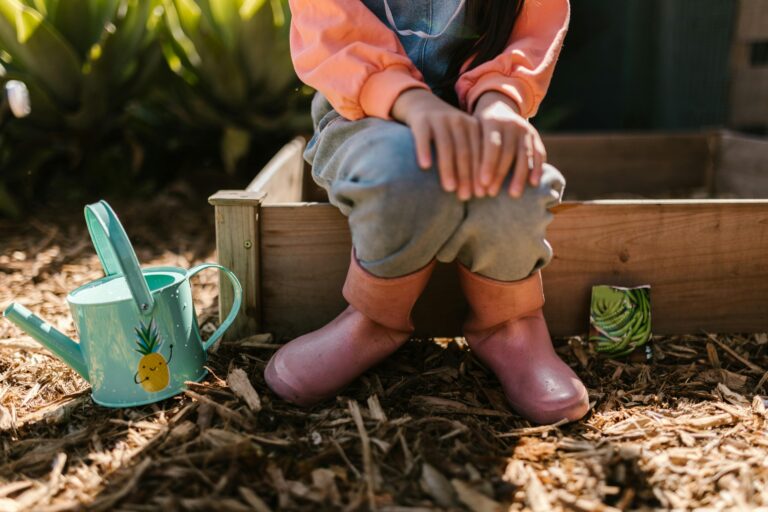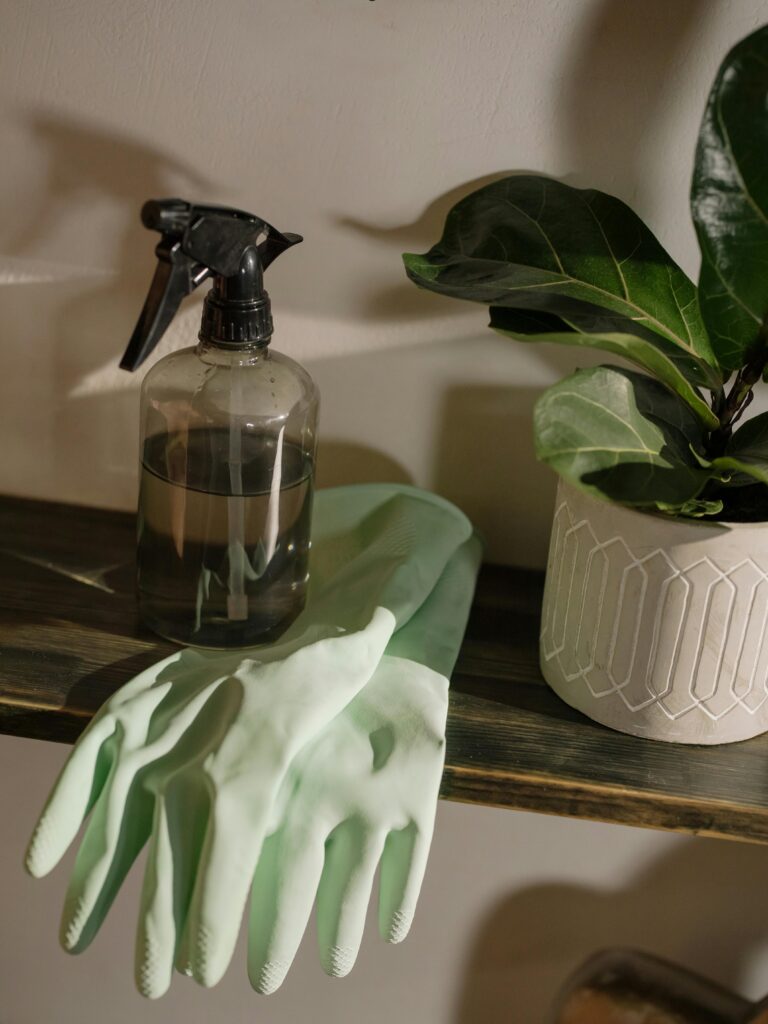Understanding Minimalism: A Complete Overview
Minimalism has become a popular concept in recent years, with many people embracing its principles as a way to simplify their lives and find more meaning in their possessions. But what exactly is minimalism? Is it just about decluttering and having a clean, organized space? Join us as we take a deep dive into the world of minimalism, discovering what it truly means and how it can benefit you. We’ll explore different ways of practicing minimalism, who it’s suitable for, and provide practical tips on how you can start incorporating it into your life today.Whether you’re new to minimalism or looking to deepen your understanding, this complete overview will provide you with all the information you need to know about this lifestyle trend. So let’s dive in and discover the beauty of living with less.
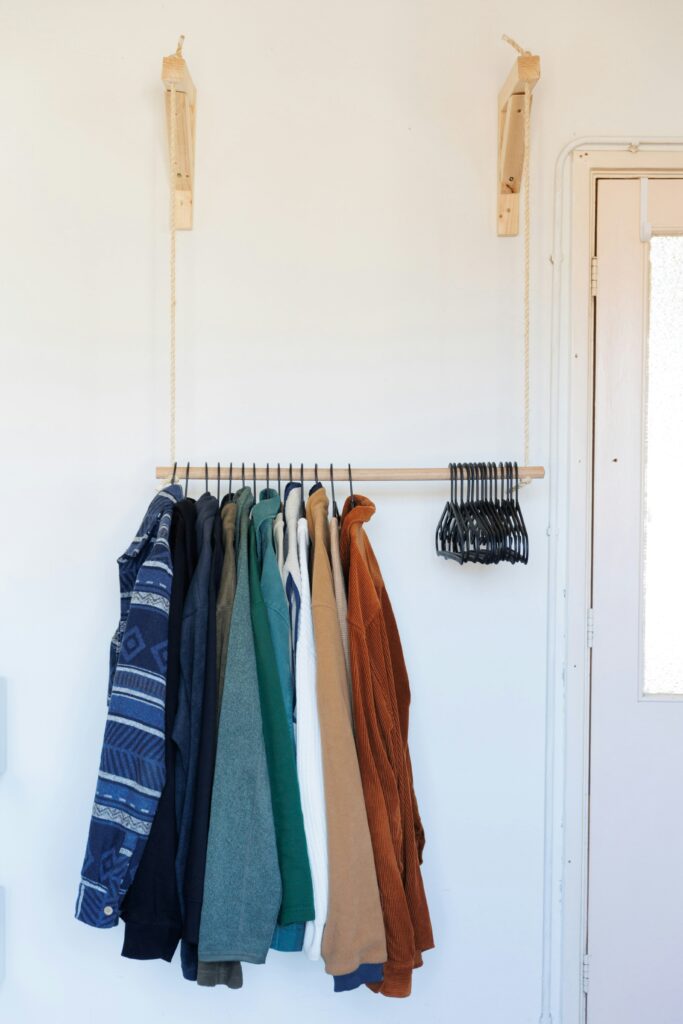
What is Minimalism and Who Can Benefit from It?
Minimalism is more than just decluttering or having a clean, organized space. It’s a lifestyle choice that focuses on intentional living and prioritizing what truly matters. At its core, minimalism is about simplifying your life by letting go of excess possessions, distractions, and unnecessary commitments. It’s about creating space, both physically and mentally, for the things and experiences that bring you joy and fulfillment.
Anyone can benefit from minimalism, regardless of age, gender, or background. If you feel overwhelmed by clutter, constantly searching for meaning in your possessions, or longing for a simpler lifestyle, minimalism can provide the solution you’ve been seeking. It allows you to break free from the consumer-driven culture and find contentment in living with less.
Contrary to popular belief, minimalism does not entail deprivation or living like a monk.It’s about finding a balance that works for you. You can choose to embrace minimalism to varying degrees, from adopting a minimalist wardrobe or decluttering your home, to simplifying your digital life or reducing your carbon footprint.
By embracing minimalism, you can gain more time, energy, and mental clarity. You can focus on the things that truly matter, such as relationships, personal growth, and experiences. Minimalism allows you to be more intentional with your time and resources, and ultimately, live a life that aligns with your values.
Debunking Common Myths about Minimalism
In the world of minimalism, there are often misconceptions and myths that can cloud people’s understanding of this lifestyle. Let’s debunk some of the common myths about minimalism and shed light on what it truly entails.
Myth #1: Minimalism is all about living with as little as possible.
Reality: While minimalism does advocate for reducing unnecessary possessions, it’s not about depriving yourself or living with nothing. Minimalism is about intentional living and only surrounding yourself with things that bring you joy and serve a purpose. It’s about quality over quantity, not about living with bare essentials.
Myth #2: Minimalism is only for young, single individuals.
Reality: Minimalism knows no age limits or relationship status. Anyone can embrace minimalism, whether you’re a retiree looking to downsize or a family seeking a simpler lifestyle. Minimalism is a flexible concept that can be tailored to fit anyone’s needs and circumstances.
Myth #3: Minimalism means having a perfectly organized and clean home.
Reality: While having an organized and clutter-free space is often a byproduct of minimalism, it’s not the sole focus and it’s not always realistic. Minimalism is about decluttering both physically and mentally, freeing yourself from the burden of excess possessions and commitments. It’s about creating space for what truly matters to you, whether that’s hobbies, relationships, or personal growth.
Myth #4: Minimalism is too restrictive and rigid.
Reality: Minimalism is a mindset shift that allows you to prioritize what’s truly important to you. It’s not about following strict rules or sacrificing your interests and hobbies. Minimalism encourages conscious decision-making and being intentional with your time, resources, and energy. It’s about finding balance and living a life that aligns with your values.
Various Approaches to Practicing Minimalism
When it comes to practicing minimalism, there are various approaches you can take depending on your personal preferences and goals. Here are a few different ways you can embrace minimalism and simplify your life:
- The Capsule Wardrobe: One popular approach to minimalism is creating a capsule wardrobe. By carefully selecting a handful of high-quality clothing pieces that can be easily paired and styled, you can simplify your wardrobe and create a cohesive look.By focusing on quality over quantity and only keeping pieces that you truly love and wear regularly, you can reduce decision fatigue and streamline your morning routine.
- Digital Minimalism: In today’s digital age, it’s easy to become overwhelmed by screens and notifications. Digital minimalism encourages you to declutter your digital life by deleting unnecessary apps, unsubscribing from email lists, and setting boundaries around screen time. By creating a more intentional relationship with technology, you can regain control of your time and attention.
- Mindful Consumption: Minimalism is also about being more mindful of your consumption habits. This means carefully considering each purchase and only buying things that truly add value to your life. It’s about avoiding impulse buys and focusing on experiences over material possessions.
- Decluttering Your Home: One of the most well-known aspects of minimalism is decluttering your physical space. This involves going through your belongings and getting rid of items that no longer serve a purpose or bring you joy. By clearing out the clutter, you can create a more peaceful and organized home.
- Simple Living: Minimalism is ultimately about simplifying your life in all aspects. This can mean simplifying your schedule by saying no to unnecessary commitments and prioritizing self-care. It can also mean simplifying your finances by creating a budget and cutting out unnecessary expenses. The goal is to create more time, space, and mental clarity for the things that truly matter to you.
Minimalism’s Role in Achieving a Simpler, Clutter-Free Lifestyle
Minimalism plays a crucial role in helping you achieve a simpler, clutter-free lifestyle. By adopting the principles of minimalism, you can transform your living space and create a more peaceful and organized environment.
First and foremost, minimalism allows you to let go of the excess possessions that may be weighing you down. Clutter can be overwhelming and can contribute to feelings of stress and anxiety. By decluttering your home and keeping only the things that bring you joy and serve a purpose, you can create a space that is both functional and visually appealing. This not only makes it easier to find what you need but also creates a sense of calm and tranquility.

In addition to decluttering, minimalism also encourages you to be more intentional with your purchasing habits. Instead of mindlessly acquiring new things, minimalism invites you to carefully consider each purchase and only buy items that truly add value to your life. By shifting your focus from material possessions to experiences and meaningful relationships, you can reduce the urge to constantly consume and find contentment in what you already have.
By embracing minimalism, you can simplify not only your physical space but also your mental space. Letting go of excess possessions and commitments frees up mental energy and allows you to focus on what truly matters to you. You can prioritize self-care, personal growth, and nurturing relationships, which are essential for leading a fulfilling life.
How to Start Your Minimalism Journey: Practical Steps and Tips
If you’re ready to embark on a minimalism journey and simplify your life, here are some practical steps and tips to get you started:
- Define your why: Before diving into minimalism, take some time to reflect on why you want to embrace this lifestyle. What are your goals and motivations? Whether you’re seeking a clutter-free home, a more intentional life, or a smaller environmental footprint, having a clear understanding of your why will help guide your journey.
- Start with a decluttering session: Begin by decluttering one area of your home at a time. Start small with a drawer or a shelf, and gradually move on to bigger spaces. As you go through your belongings, ask yourself if each item brings you joy or serves a purpose. If not, consider donating, selling, or responsibly disposing of it.
- Embrace the one in, one out rule: To prevent clutter from accumulating again, adopt the one in, one out rule. Every time you bring a new item into your home, let go of one item that no longer serves you. This rule helps maintain a balance and prevents the accumulation of unnecessary possessions.
- Practice mindful consumption: Before making any new purchases, take a moment to evaluate whether you truly need the item. Consider its purpose, quality, and longevity. By practicing mindful consumption, you can avoid impulse buys and only bring things into your life that add value and align with your values.
- Create routines and systems: Incorporate habits and systems into your daily life that support your minimalist lifestyle. For example, establish a regular decluttering schedule, create a designated place for everything in your home, and develop a meal planning routine to reduce food waste.
- Focus on experiences over possessions: Shift your mindset from material possessions to experiences. Instead of spending money on things, invest in activities, travel, and creating memories. This shift in perspective allows you to find fulfillment in experiences rather than accumulating more things.
- Surround yourself with inspiration: Fill your life with inspiration and motivation to stay on track with minimalism. Follow minimalist blogs and social media accounts, read books and watch documentaries on the topic, and surround yourself with like-minded individuals who support and understand your minimalist journey.
Minimalism is a lifestyle that offers countless benefits, beyond decluttering and organizing. It invites us to prioritize what truly matters and live with intention. Minimalism is not about deprivation or rigid rules, but rather a mindset shift that empowers us to make conscious choices. Anyone, regardless of age or background, can benefit from minimalism. In this blog post, we’ve explored different approaches to practicing minimalism and debunked common myths. By decluttering, embracing mindful consumption, and focusing on experiences over possessions, you can create a simpler and more fulfilling lifestyle. Moreover, minimalism has significant sustainable benefits by reducing waste, consuming fewer resources, and supporting ethical and sustainable brands.
